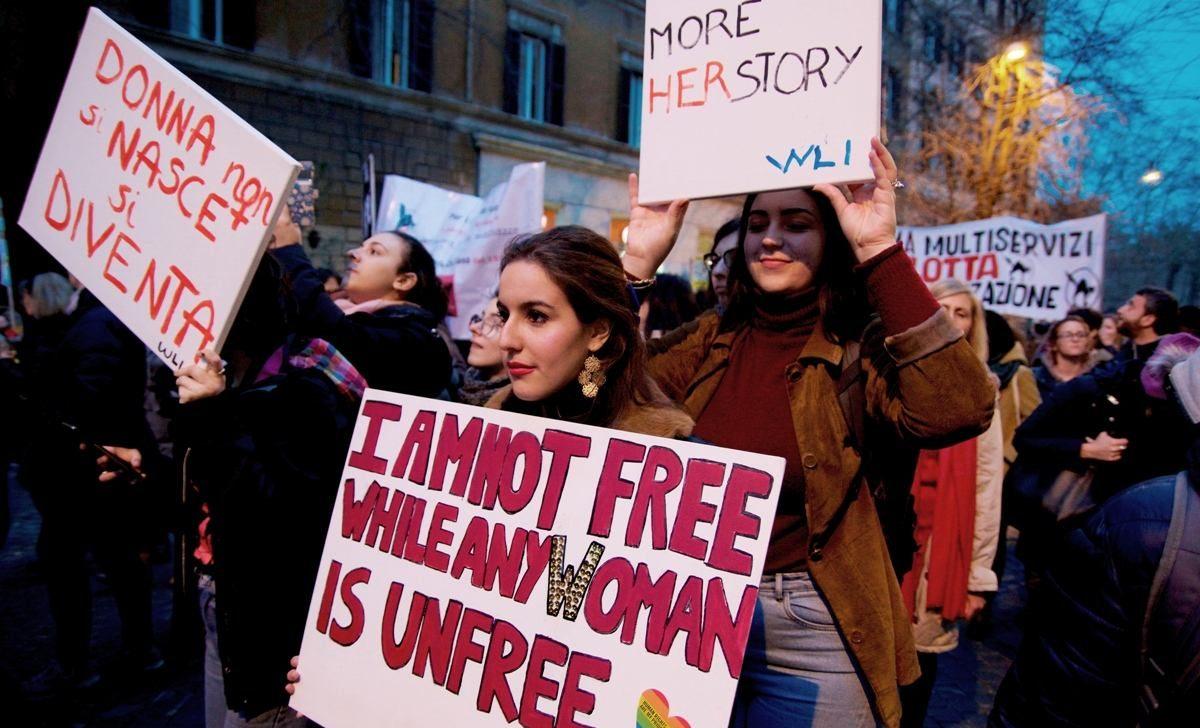#Women##Women's Day Goddess Day##History##Culture##文明 #
Is there any difference between the origin of the word "woman" and the concept of this word between the East and the West?
Origin and derivation of “woman” in eastern and western cultural background
For women, the English equivalent word is woman (plural form is women), and due to the differences between the cultural backgrounds of the East and the West, the word has both the same and different concepts.
First, the English interpretation of the woman is: "A grown woman". But at the same time, it is said that woman can also refer to a female child, or a female adolescent. Its plural form of women, when used in women's populations, often regardless of age, such as "women's rights", should be enjoyed by both young and old.
In Chinese, "woman" is a synthetic word, including the two monosyllabic numeral elements of "woman" and "woman", that is, the synthesis of nouns and nouns, which are more important than "women" and become partial compound words. In ancient China, the title of a woman was called "woman" for those who were not married, and "women" for those who had been married. In the general specification of the Chinese language, "woman" and "woman" are both first-level Chinese characters. Married and unmarried women are added together, so "women" is used to refer to female humans in general.

Feminism, young and old, should be enjoyed
Both "woman" and "woman" are hieroglyphs, first seen in oracle bones. The "female" looks like a woman crossing her hands in front of her chest and kneeling on her knees. A long horizontal strip is added to it, which looks like a woman's headdress, which shows its feminine characteristics. The appearance of "woman" (婦) in the oracle bone, the left is "female", and the right is "broom", like a woman holding a broom doing hygiene, symbolizing that women are doing housework.
In modern Chinese and Chinese judicial interpretations, "woman" is a generic term for an adult woman, defined as a "child" or "young girl" who is not over 14 years old and has not reached the age of 14. In everyday life terms, "woman" is generally used to refer to a woman with children.
The evolution of the Chinese character "女"
There is a rule of "three non-words" in the Book of Rites: "There is no joy in mourning, no fierceness in sacrifice, and no women in the public court." This means that during the period of filial piety, people do not talk about things that make people happy, do not say unlucky words during sacrifices, and do not mention women's Taoist families in public occasions. That is to say, we must pay attention to etiquette and pay attention to the occasion.
To sum up, "woman" in Chinese has 4 meanings, 1 is a general term for female humans; 2 is a married woman; 3 refers to a wife; 4 in ancient times refers to a daughter-in-law, that is, "daughter-in-law". The English word for woman also has an evolutionary process. In Middle English (i.e., between 1150 and 1500, equivalent to the English used in the late Middle Ages), "woman" is called wifeman, which is composed of wife (woman) and man (person), which is a compound word. Later, wife evolved into wo because of pronunciation, so it was formed in modern English.
The earliest written female celebrity in China is called Womenhao
At present, the earliest recorded female celebrity in Chinese history, called Nühao, was born more than 1200 BC and was a queen, a priest, a prince and an army commander. The earliest female celebrity recorded in world history is Neithhotep, who lived during 3200 BC and was the first female pharaoh of ancient Egypt.
Nithotep was the first female pharaoh of ancient Egypt Nithotep was the 1st female pharaoh of ancient Egypt
There are several of the most common types of cough, each of which means a specific problem, you know? (Top)
Beauty old driver, travel, attractions, visits, and "beauty" in "fragrant car beauty"